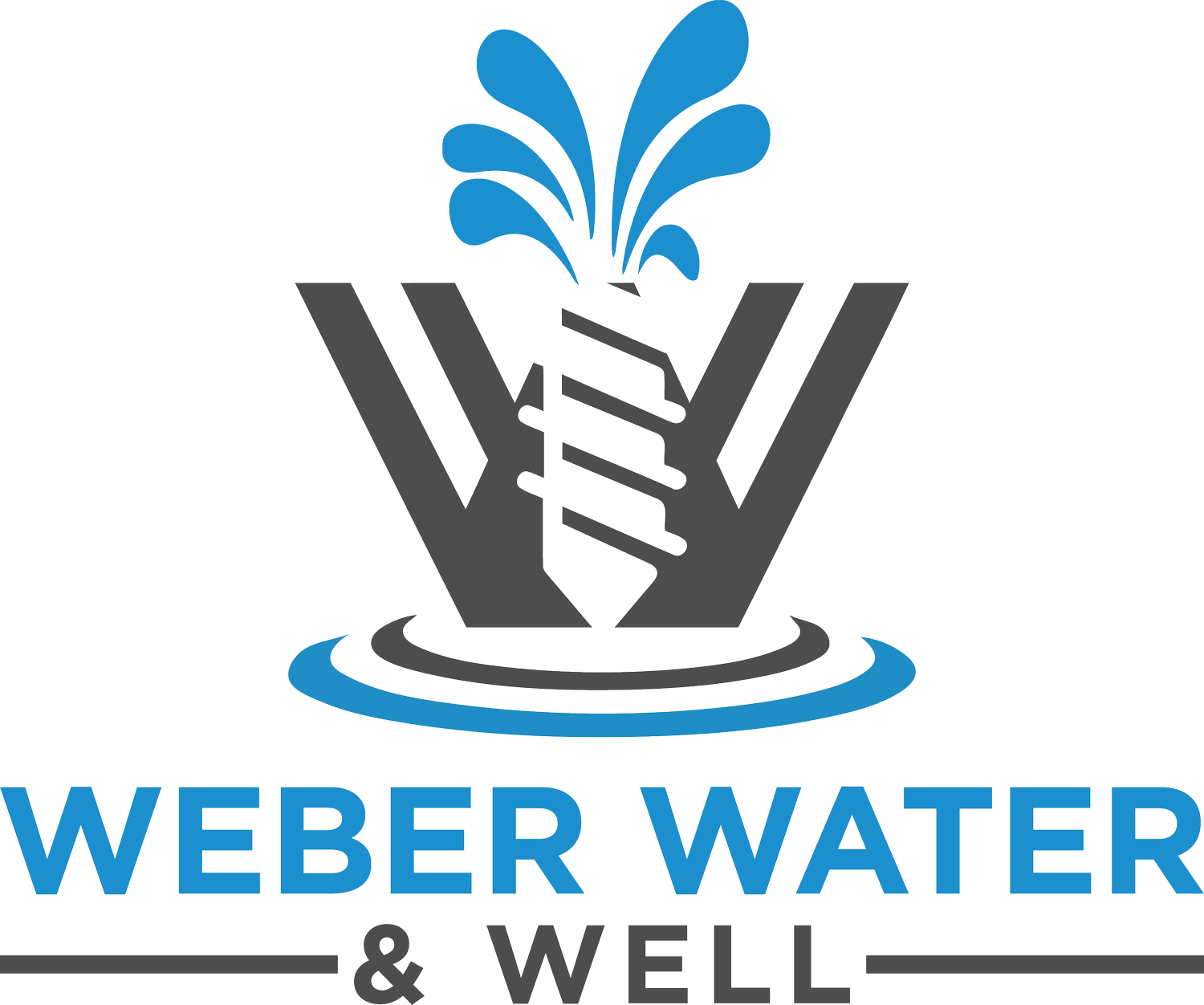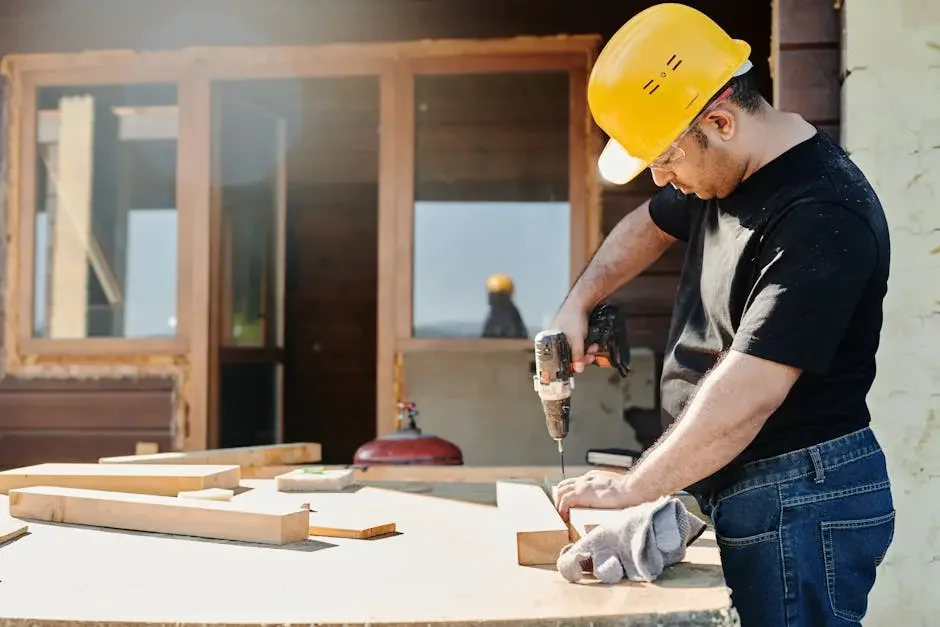Why Borehole Drilling is Essential for Sustainable Water Supply
Access to clean and reliable water is fundamental for any community. Borehole drilling has emerged as a vital solution for achieving sustainable water supply, particularly in areas facing water scarcity. In this blog, we'll explore the importance of borehole drilling and how it can help secure a future with safe water for all.
Understanding Borehole Drilling
Borehole drilling is a method used to access underground water resources. This process involves creating a deep hole in the ground to reach aquifers, allowing communities to utilize a sustainable and consistent water source.
When we talk about borehole drilling, it's essential to recognize the role of technology in its execution. Modern drilling techniques allow us to reach depths that were previously deemed impractical. By employing advanced machinery, we can tap into aquifers that provide clean, drinkable water without the risk of contamination common in surface sources.
The process might seem intricate, yet it's straightforward. Boreholes are typically drilled vertically, and in some cases, they can also be cased with materials that prevent collapse. Once established, these boreholes can support various community needs—from drinking water to agricultural irrigation—providing a critical resource for growth.
Furthermore, borehole drilling is not just about accessing water. It is about ensuring longevity. When managed properly, these systems can last for decades, which means that a one-time investment can yield returns for the community far into the future. This sustainability aspect is why more communities are adopting this practice.
The Importance of Water Sustainability
Water sustainability is crucial for maintaining a healthy environment and supporting community needs. Ensuring that we have a dependable water supply helps to mitigate droughts, supports agriculture, and fosters economic development.
When examining the importance of water sustainability, one must consider the connection between environment and economy. A reliable water supply allows farming communities to thrive, ensuring food security and boosting local economies. This interplay highlights how essential it is to approach water management thoughtfully—especially in light of increasing population pressures.
Moreover, sustainable water supply practices encourage conservation awareness among community members. When people understand the value of their resources, they're more likely to support local initiatives aimed at reducing waste and protecting their water sources. This cultural shift can significantly enhance community resilience in facing climate-related challenges.
By prioritizing water sustainability, we also take steps towards protecting biodiversity. Aquatic ecosystems depend on our water management choices, and sustainable practices ensure that both human and natural systems can coexist beneficially. It's about creating a balanced relationship where each supports the other.
How Borehole Drilling Contributes to Sustainable Practices
Borehole drilling promotes sustainable practices by allowing communities to access local water sources, reducing dependency on distant supplies. This localized approach minimizes transportation costs and lowers the carbon footprint associated with water delivery.
Additionally, localizing water sources facilitates better management. Communities possess an intimate understanding of their environment and challenges, making it easier to implement localized solutions that address their unique water-related issues. This empowerment cultivates stewardship and responsibility among residents.
Moreover, when communities invest in borehole drilling, they invest in their future. The ability to control and manage their own water sources means fewer uncertainties associated with fluctuating prices and inaccessible alternatives. In essence, boreholes create a cushion against water supply crises that can arise from external pressures or climate disruptions.
Through these drilling endeavors, innovative practices emerge. Communities might engage in rainwater harvesting in conjunction with boreholes, thereby further enhancing their water supply systems. This synergy ensures that every drop counts and leads to a resilient water management ethos.
Environmental Benefits of Borehole Drilling
In addition to providing a reliable water supply, borehole drilling can positively impact the environment. It helps to recharge groundwater levels, protect ecosystems, and reduce the risk of over-extraction from surface water sources.
Furthermore, boreholes mitigate the risk of exacerbating existing surface water droughts. By relying on underground aquifers—often more stable than surface streams—communities can protect valuable ecosystems during dry seasons when rivers and lakes might dwindle.
Sustainability doesn’t only arise from the water we access but how we access it. By minimizing the disturbance to surrounding habitats during the drilling process and implementing careful management strategies, boreholes contribute to the preservation of natural ecosystems. For instance, drilling operations that are well-planned can help avoid endangered habitats, ensuring that biodiversity remains intact.
Ultimately, borehole drilling aligns with the broader goals of environmental conservation. It highlights the possibility of harnessing resources responsibly while nurturing our planet's health. In a world increasingly concerned about climate change, these practices offer a pathway to balance human needs with ecological integrity.
Challenges Facing Borehole Drilling
While borehole drilling offers many advantages, it is not without challenges. Issues such as poor regulatory frameworks, maintenance concerns, and potential over-extraction must be addressed to maximize its benefits.
One of the main challenges lies in the regulatory aspects of borehole drilling. In some regions, there may be a lack of clear guidelines overseeing how boreholes are managed and maintained. This can lead to situations where boreholes are mismanaged, resulting in environmental harm and wasted resources. Thus, creating robust frameworks is essential.
Moreover, the issue of over-extraction poses risks not only to water quality but also to the longevity of aquifers. If too much water is withdrawn without allowing for natural replenishment, communities may find themselves facing water shortages sooner than expected. Addressing this requires cooperation and education within communities on sustainable extraction practices.
Lastly, maintenance cannot be overlooked. Regular checks and upkeep are vital to ensure the functionality of boreholes over time. This responsibility often falls on local governments or community organizations, and if neglected, it can lead to costly repairs and loss of vital water sources. Resources and training for proper maintenance are crucial.
The Future of Borehole Drilling and Water Security
As technology advances and awareness of water issues grows, borehole drilling will play an increasingly important role in our quest for sustainable water security. Innovations in drilling methods and water management will enhance its effectiveness.
The integration of smart technology into borehole management marks a significant step forward. Sensors that monitor water levels and quality can provide real-time data, enabling communities to react promptly to changes. This tech adaptability not only increases efficiency but fosters a proactive approach to water usage.
Moreover, enhanced collaboration among regions facing similar water challenges can lead to shared best practices and solutions. With global climate concerns, sharing knowledge from successful borehole projects can inspire innovative adaptations elsewhere, paving the way for collective water security.
Imagining the future, we see communities empowered with the knowledge and tools to manage their water supplies. Borehole drilling may indeed stand as a cornerstone of global efforts toward a secure water future—rooted in locality yet connected through a global tapestry of sustainable practices. As we move forward, it is our collective responsibility to champion these efforts to ensure clean, accessible water for all.
The Future of Water Sustainability
Borehole drilling stands at the forefront of sustainable water solutions, providing access to clean water and promoting environmental stewardship. As communities continue to face challenges related to water scarcity, embracing borehole drilling can ensure a reliable water supply for generations to come.


